Bringing Literature, Activism to Life Through Unique Project
LaRue County students are creating community projects after reading how one Sudanese man reshaped his home country.
LCMS Librarian Abby Lee is introducing her 6th-grade literacy classes to the book “A Long Walk to Water.” She’s using the powerful novel to encourage students to think critically about how they too can reshape the community around them.
The short novel by Linda Sue Park is based on the true story of Salva Dut, one of Sudan’s “lost boys” who ultimately left his home to avoid the perils of war. After leaving Africa, Dut moved to New York and gained an education that inspired him to return home to establish a nonprofit to install deep-water wells in remote villages. Dut’s true story is told alongside Nya, a young girl who lives in one of the remote villages.
“A Long Walk to Water” shows how one man with determination and compassion for his community can use education and skill to change the lives of millions of people. Lee’s hope is that students will see how organizations like Dut’s can begin local but eventually create national and global change.
“The goal for my students is to be inspired by Salva's nonprofit organization, Water For South Sudan, to design a project that could serve our community. Our community might not need a deep-water well dug to supply fresh water, but there are issues that directly impact our eleven and twelve-year-olds.”
Lee’s Project Based Learning activity is part of the Learner Profile initiative throughout LaRue County Schools. The goal is that by giving students hands-on experiences with the subject matter in books, they can better prepare themselves for taking on life outside of school.
Lee also serves as the Kentucky Youth Assembly (KYA) sponsor. She hopes that her role can encourage students to see how their passions can directly impact the community.
“If the KYA Conference has taught me anything, it is that middle school (and high school) students can come up with some pretty creative solutions...even better than some adults!”

